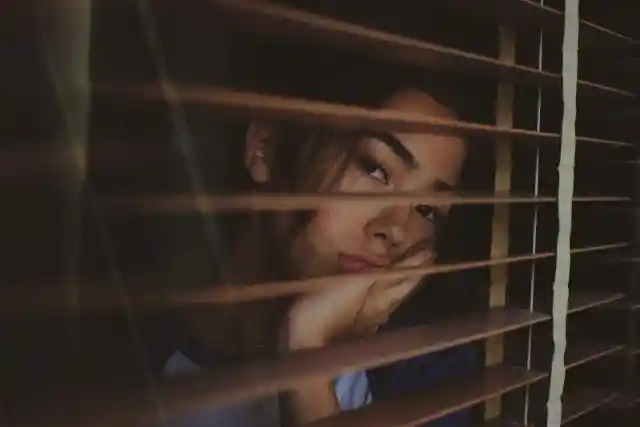The days are short and dark, the Christmas tree is out the door, so are your good intentions perhaps, and it's still months away from summer. All this makes Blue Monday, the third Monday of January, the most depressing day of the year. If British psychologist Cliff Arnall is to be believed. Is he right or is Blue Monday complete nonsense?


Where did Blue Monday come from?
Arnall coined the term Blue Monday in 2005. He developed a mathematical formula to calculate what the most depressing day of the year is. How did he do that? He took into account several variable factors in his formula, such as the average temperature, the number of days since the last paycheck, the number of days until the next holiday, and the average number of hours of sunshine per day. Thus, he concluded that the third Monday in January is the worst day of the year. And the term Blue Monday was born.
But this outcome should be taken with a grain of salt. The Blue Monday formula was part of a press release from British travel agency Sky Travel, which wanted to encourage people to book their summer vacation in advance. Arnall often contributes to company marketing campaigns. For example, in collaboration with an ice cream brand, he developed a formula to calculate the happiest day of the year. According to the psychologist, this day always falls in the summer, when it is light longer, temperatures are higher and many people have vacations.
Winter depression does occur frequently
So the fact that Blue Monday is the most depressing day of the year is mostly a marketing stunt by the travel industry. It is rather difficult to prove that one specific day in the year depresses people more than any other. We do know that relatively many people suffer from the gloom regularly.


Arnall's Blue Monday formula assumes, among other things, that we are made unhappier by the lower temperatures in winter and the low number of sunlight hours. Indeed, a 2015 study by Athabasca University (Canada) shows that less sunlight affects winter blues. When it is dark, your body produces more melatonin, which makes you sleepy and reinforces winter depression.
In addition, the same study shows that a deficiency of the neurotransmitter serotonin also affects winter depression. Serotonin affects your mood, memory, sleep, and appetite. How does your body make it? Partly through vitamin D, which we get mostly from sunlight. And so a lower number of sunlight hours does indeed affect how gloomy we feel. But that Blue Monday is the most depressing day of the year, there is no evidence for that.